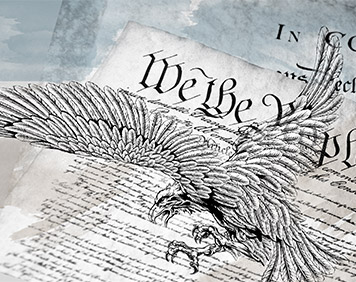People who love guns, love you With help comes hope
Get help now 988 call or text, 24/7
We believe firearms are an American way of life—a constitutional right and a necessity in order to protect ourselves and our families.
And with this right to bear arms comes responsibility.

Everyone experiences tough times. During such times, some of us may not be in the right state of mind to be handling weapons.
Individuals who take their own lives do so in a number of ways, and firearms are the most common. Some individuals will harm themselves no matter what people do to help, but there is a group of people who, if they make it through the rough patch safely, will go on to live full and happy lives. Because of this, temporarily holding a gun for a loved one or friend can help that person get through stressful periods safely.
If you are the person who is going through a tough time, it may feel risky to give your guns to a friend for safekeeping. We know it’s a big step, but it is just a temporary step until things get better.
Remember that people who love guns love you. Temporarily entrusting guns to a friend or family member might just save a life.
Suicide is preventable
Suicide affects us all—more than twice the number of people in America die from suicide than homicides, and more people die by suicide than car accidents each year.
Recognize the Warning Signs
These signs may mean that you or someone you know is at risk for suicide. Risk is greater if a behavior is new or has increased and if it seems related to a painful event, loss, or change.
- Talking about wanting to die or kill oneself.
- Looking for ways to kill oneself.
- Talking about feeling hopeless or having no reason to live.
- Talking about feeling trapped or being in unbearable pain.
- Increasing the use of alcohol or drugs.
- Acting anxious or agitated; behaving recklessly.
- Withdrawing or feeling isolated.
- Displaying extreme mood swings.
Take Action
- Ask directly if your friend is thinking about suicide. Asking does not put them in danger.
- Be willing to listen. Allow expressions of feelings and accept those feelings.
- Be non-judgmental. Don’t debate whether suicide is right or wrong, or whether feelings are good or bad. Don’t lecture on the value of life.
- Remove means, such as guns or stockpiled pills, until the crisis passes.
- Check in with your friend regularly. Schedule times to talk in the next week so you can see how they are doing.
- You don’t have to do this alone. Get help from other friends, family members, clergy, doctors and the Lifeline.
- Encourage (and offer to accompany) your friend to seek help and support from a crisis specialist, therapist, doctor, and/or clergy member.